Finding your first job is one of life’s big events, but it doesn't have to be a source of stress.
Though the last year has been pretty unpredictable, there are some indications that 2021 might actually be a pretty good time to enter the workforce.
1. Start by cleaning up (and in some cases, expanding) your online presence.
2. And start growing your professional network now.
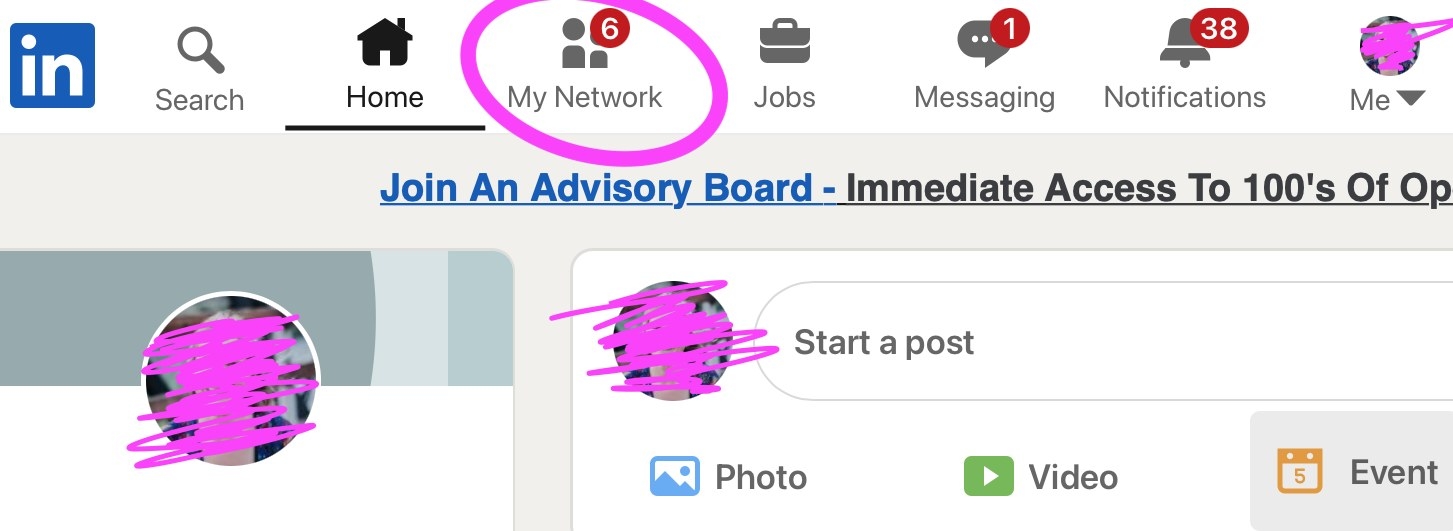
3. Create your résumé, and have a few versions ready to go.
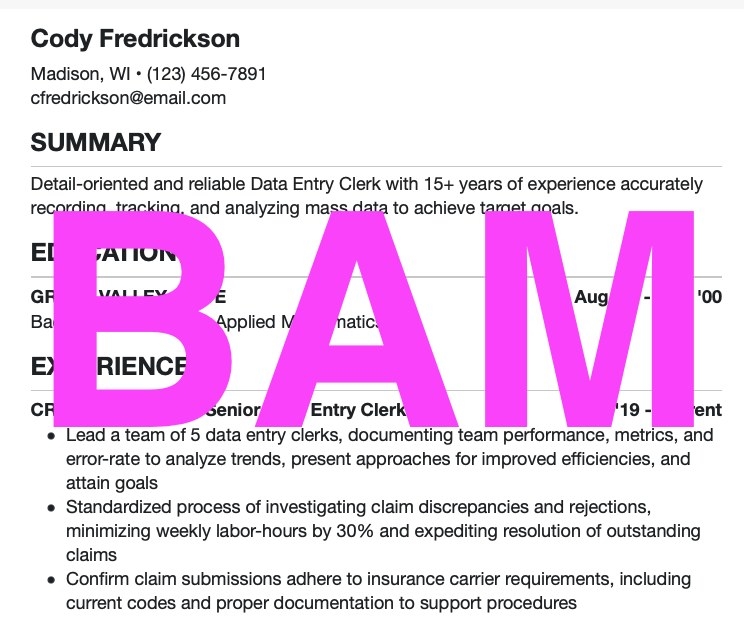
4. Create job and company-specific cover letters.
5. Be open to a wide range of opportunities, but keep your search targeted around your skills, knowledge, and experience.
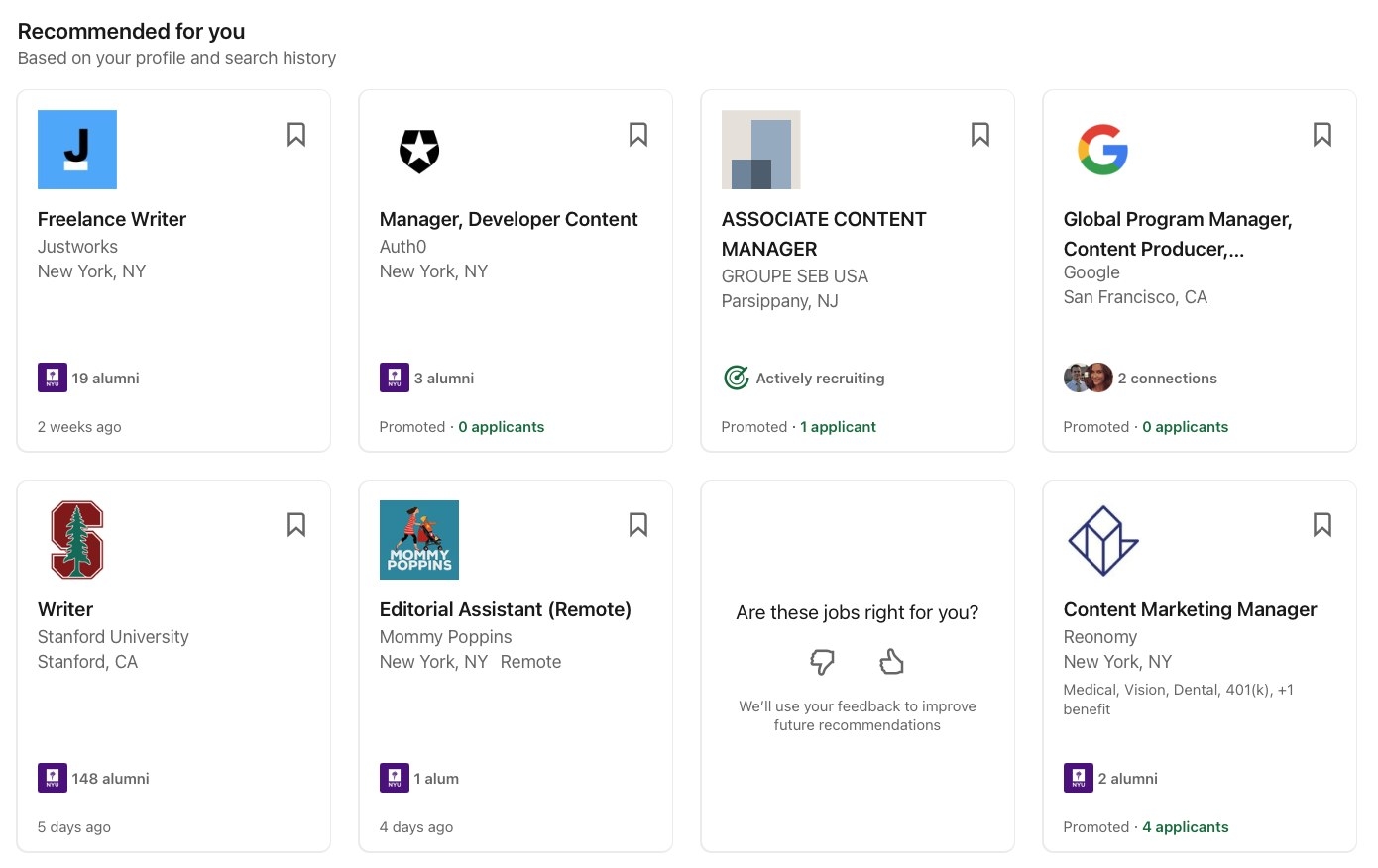
6. Keep in mind that your first job probably won't be your dream job, and that's okay.
7. Look for companies that are doing a lot of hiring right now.
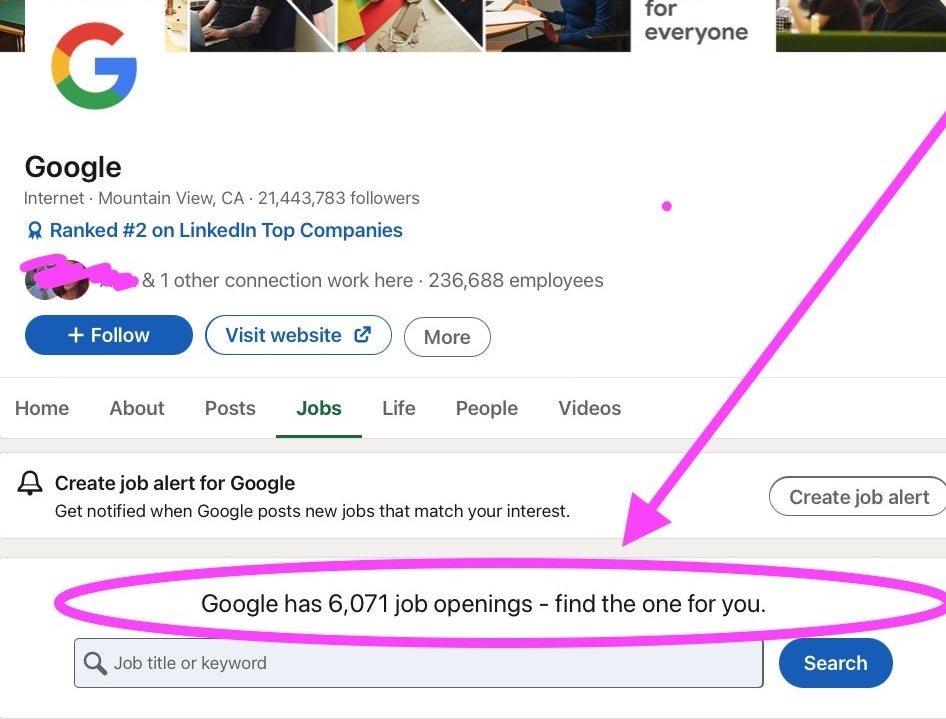
8. Check out industries that are hiring lots of entry-level workers.
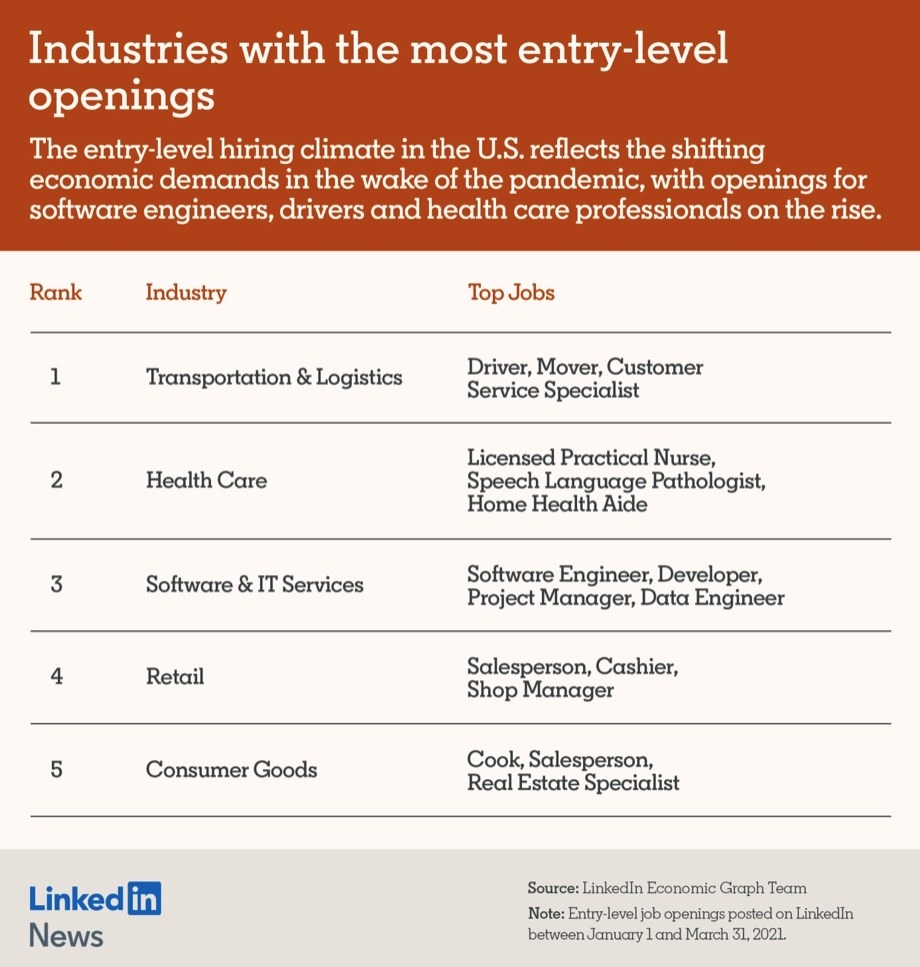
9. And take note of which entry-level job titles are on the up and up.
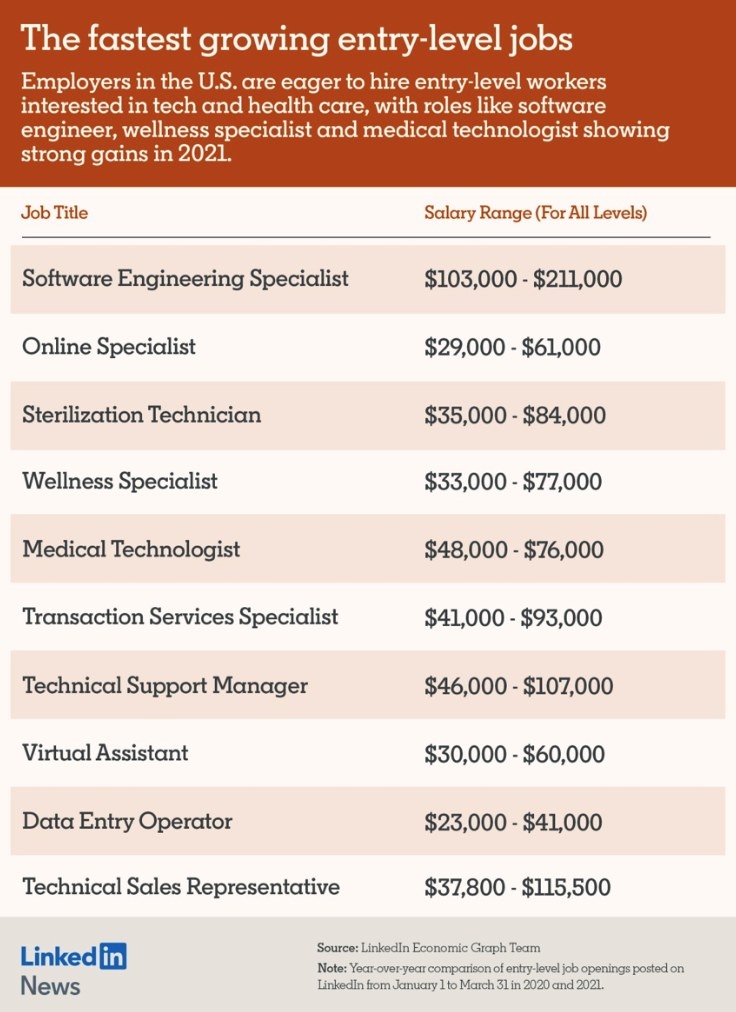
10. As you search for jobs, drill down by what's important to you.
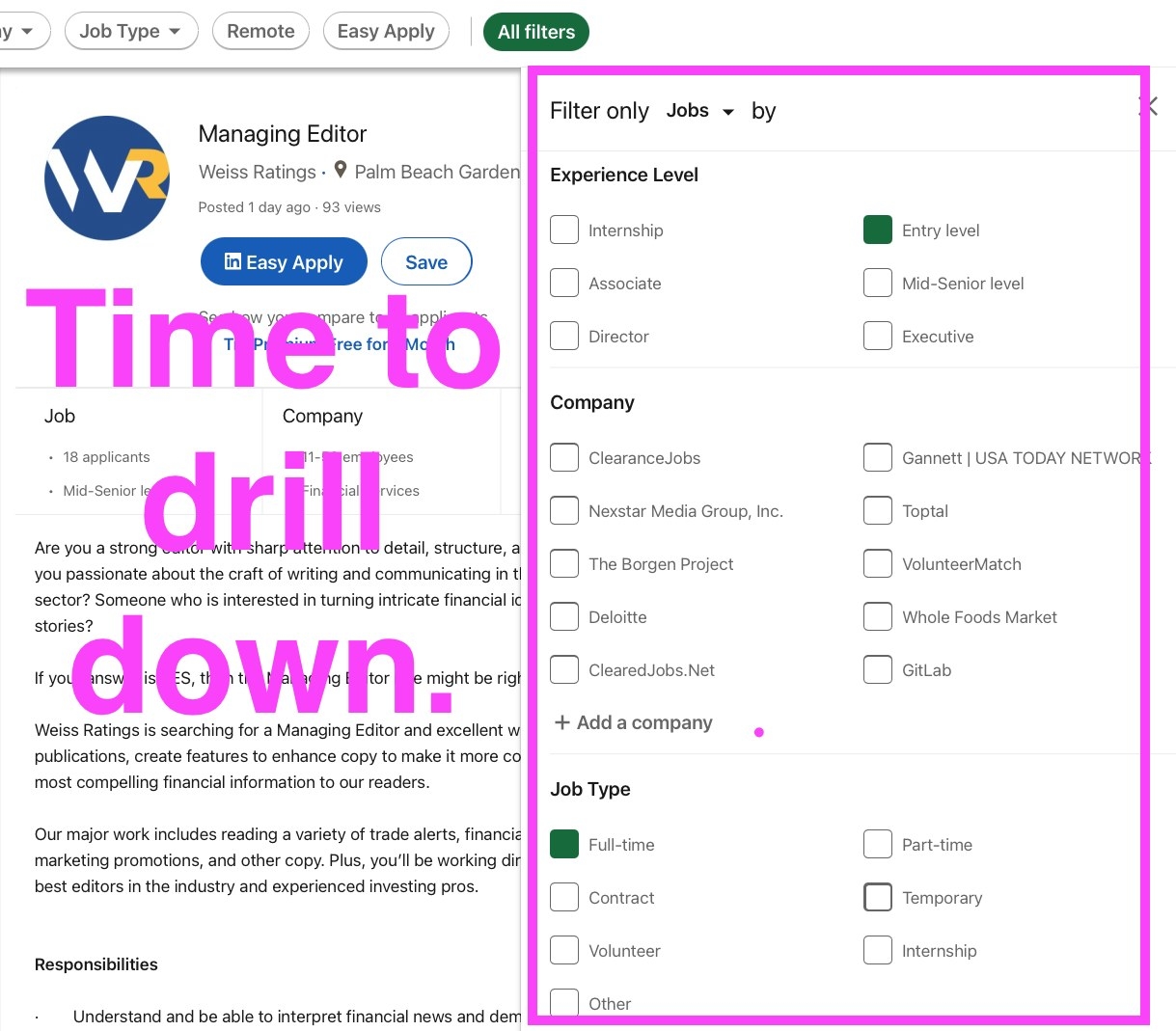
11. Keep in mind that now is a good time to find a remote job if that’s your thing.
12. Depending on where you live now, finding a job might be easier if you're willing to move.
13. Read up on the skills companies are looking for, and see how you line up.
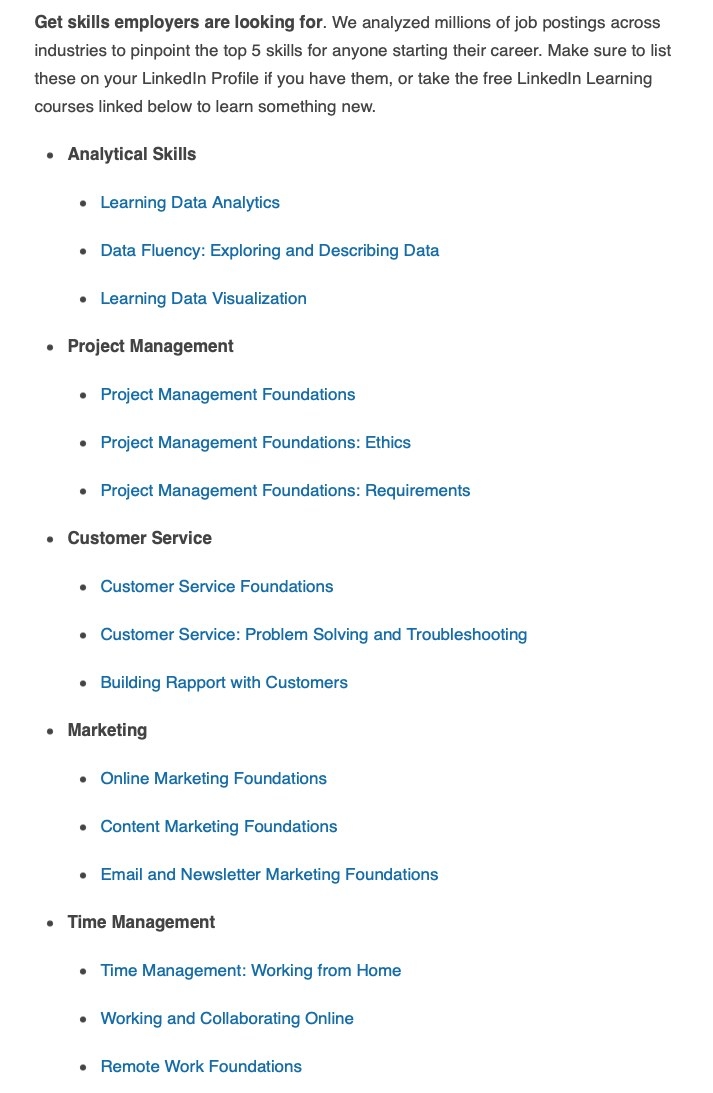
14. Need to brush up on those in-demand skills? Check out a free course.
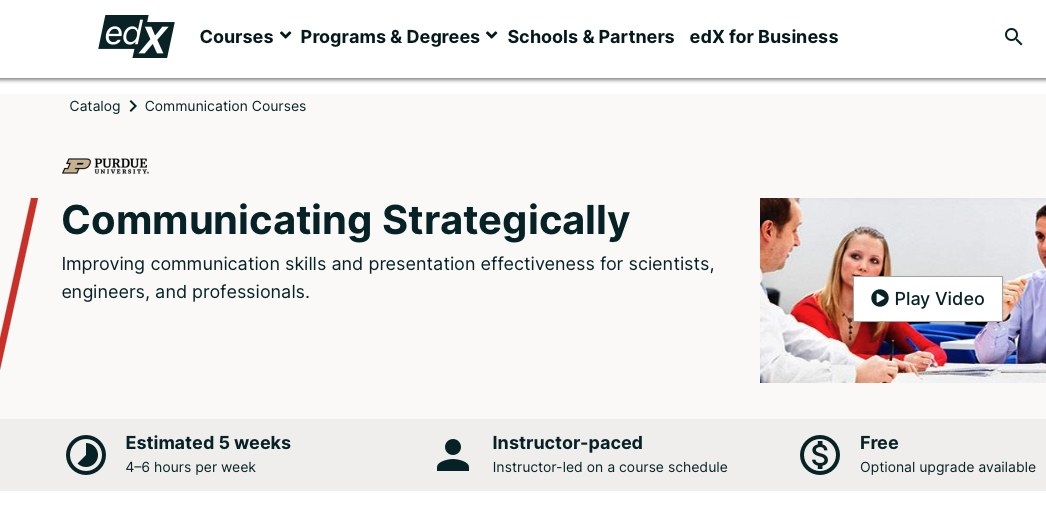
15. And if a job doesn't exactly fit your training or degree, think about how your skills match up.
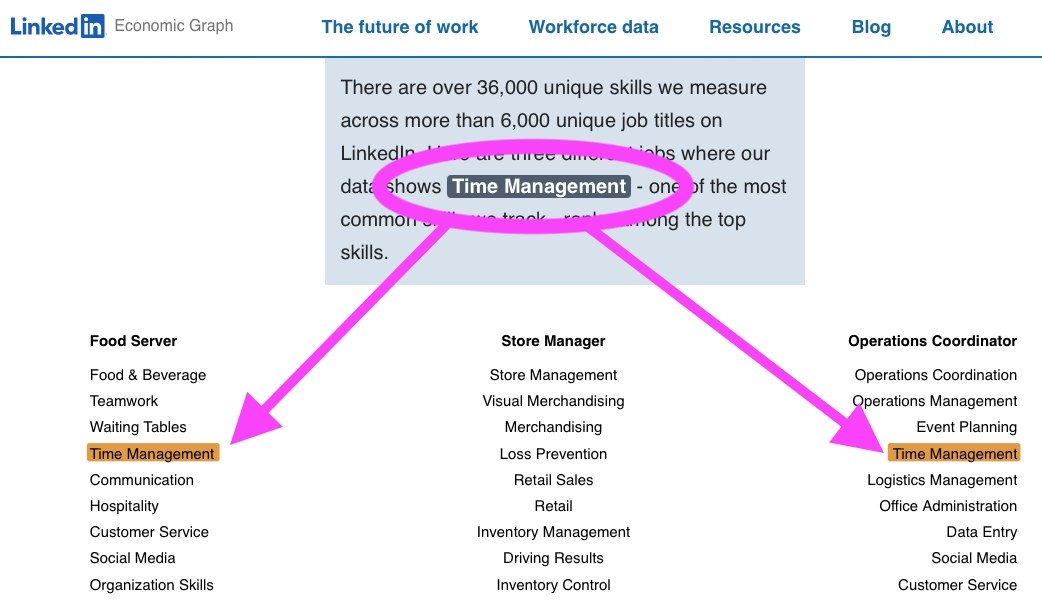
16. When you see a job you want, submit your application as soon as possible.
17. After you apply, look to see if you know anyone who works at the company. If so, send them an email or message.
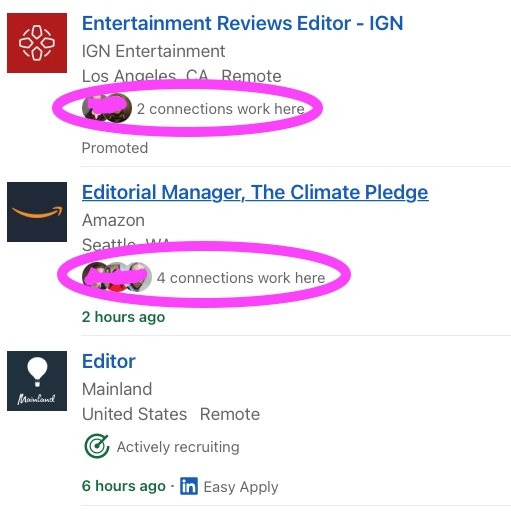
18. When you get an interview, show up prepared.
19. And come with thoughtful questions that will help you decide if the job is right for you.
20. Whether you interview in person or online, always dress for success.
21. And don’t underestimate the power of a follow-up email (or a thank you note).
22. And no matter what, try not to let rejections get you down.
What other tips have you learned during your current or past job hunts? Sound off below!
And for more on money and careers, check out the rest of our personal finance posts.
